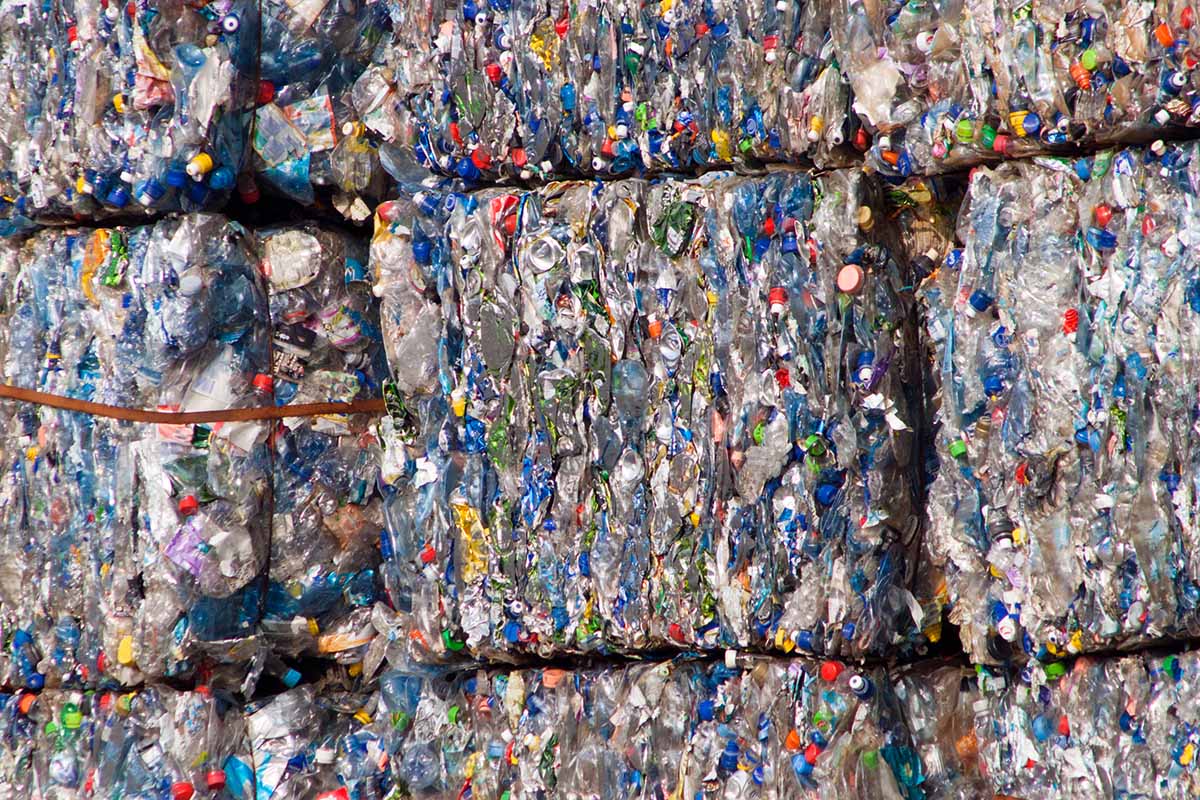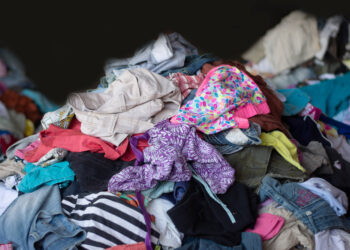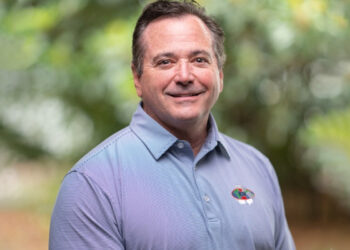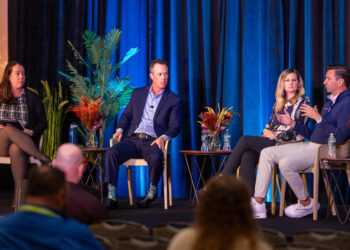British Columbia’s producer-funded recycling system recovered 52% of plastic last year, up sharply from the year before.
That’s according to an annual report from Recycle BC, which runs the extended producer responsibility (EPR) system for printed paper and packaging (PPP) in Canada’s far-western province. Through the system, producers fully fund and manage residential curbside and drop-off recycling programs for 4.6 million people.
According to the report, 32,804 metric tons of plastic were collected by the program, up 12.3% from the year before. The 2020 recovery rate of 52% was up from 46% in 2019.
The document also broke plastics down into rigid and flexible plastic packaging. In 2020, the rigid plastic recovery rate was 64% (up from 56%) and the flexibles recovery rate was 24% (up from 22%).
Recycle BC separately noted it is now working with the University of Victoria to research using flexible plastic packaging collected by the EPR program in reinforced concrete.
In terms of legally mandated recovery rate targets, Recycle BC already exceeded the target of 60% by 2025 for rigid plastics and 22% by 2022 for flexible plastics. It also beat the overall plastics target of 50% by 2025.
According to Recycle BC, over 97% of plastics collected through the program are sold in the province. Merlin Plastics processes most of the plastic into pellets for use in packaging and products.
The annual report noted that a small quantity of material without a recycling market, such as other flexible packaging, is processed into an engineered fuel.
Overall system performance in 2020
Including all covered materials, Recycle BC reported an 85.8% recovery rate in 2020. That was up from 77.4% the year before. For 2020, the target was 77%. In 2020, a year dominated by COVID-19 impacts, the program reported collecting 203,213 metric tons of PPP, up 11% from 2019.
“Spending more time at home in 2020, residents placed a greater volume of material in recycling bins, bags and depots resulting in a significant increase in the tonnes of material collected and an increased recovery rate from the previous year,” according to a Recycle BC post.





























